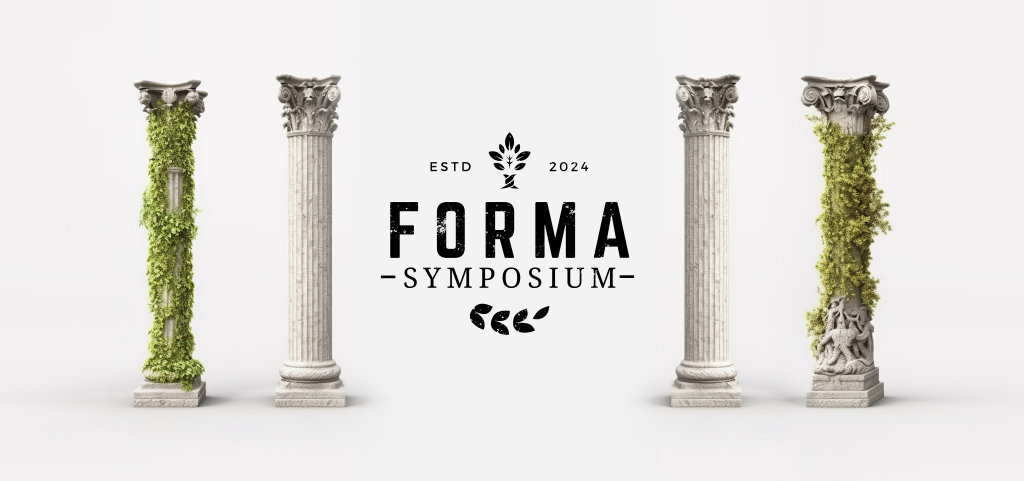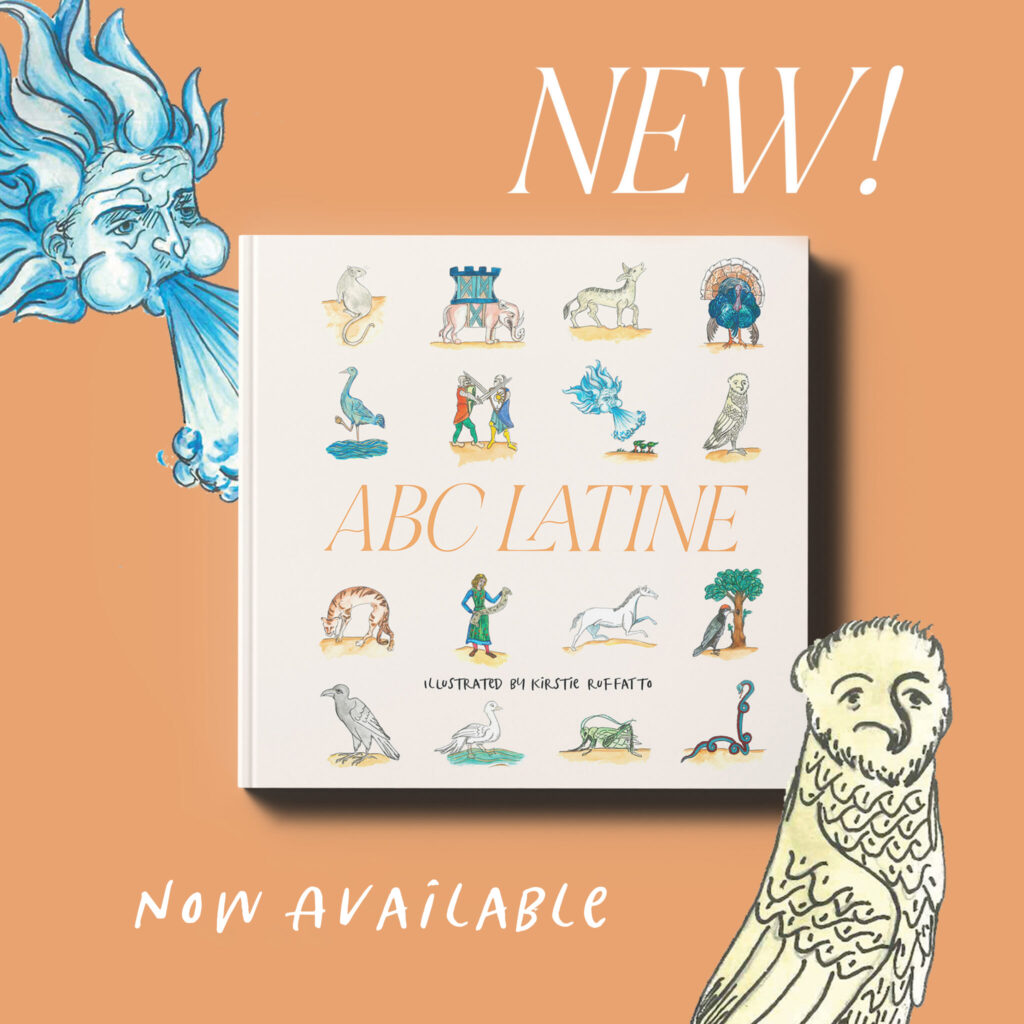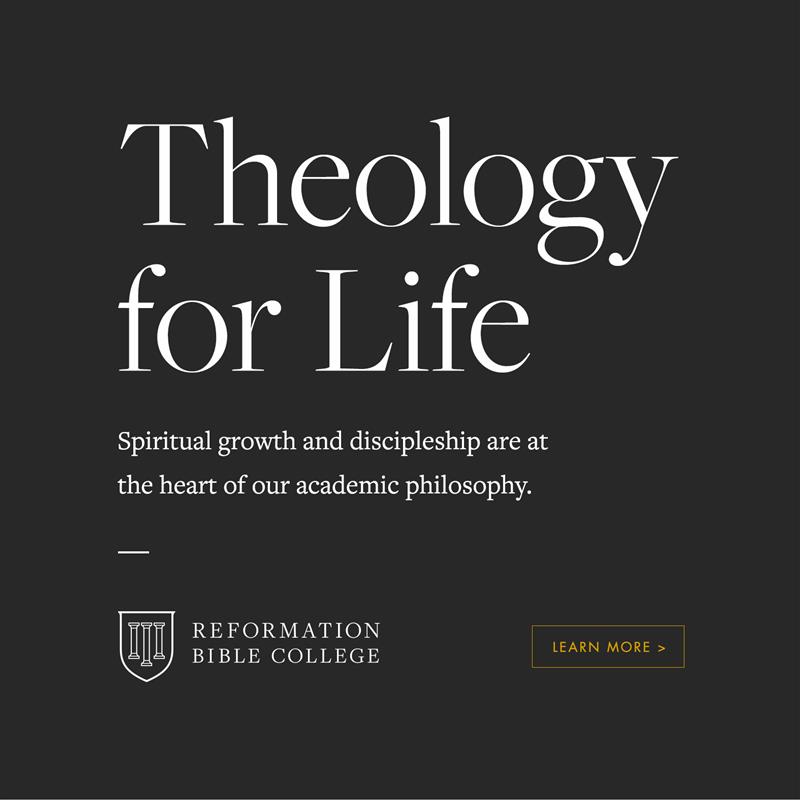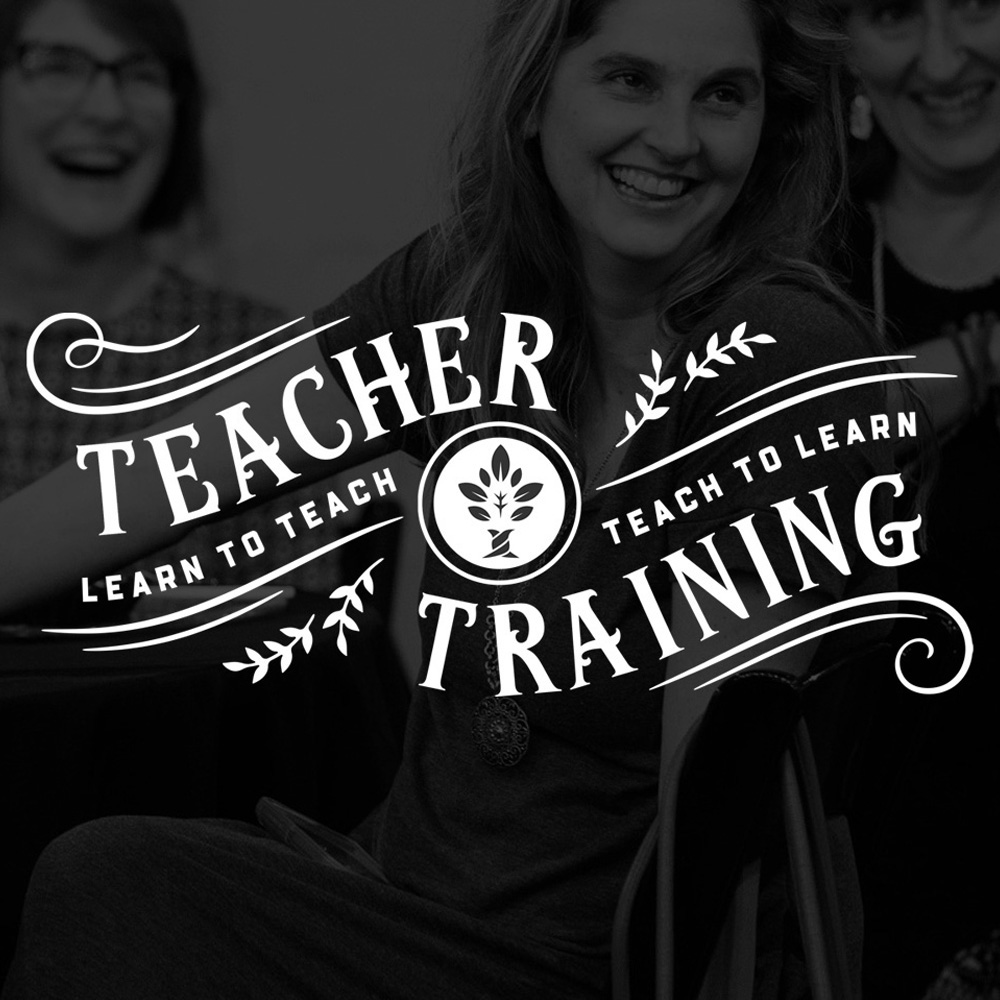At the 2015 CiRCE summer conference in Charleston, Andrew Kern very helpfully talked about the difference between the purpose of education and the blessing of education—and our confusion between the two. The purposes of education are manifold: to know God and His creation; to respond in wonder to the things God has made; to develop the gifts He has given us in service to others; because it is part of the creation mandate from Genesis 1, etc.
The blessings of education include: getting into college, perhaps with scholarships; a good job; career and professional development, etc. These blessings are significant; however, when we make the blessings the focus, we lose both the purposeandthe blessing. For instance, when we make college the goal of education, the reality of the current state of higher education dictates that we adapt the content of the curriculum such that we subconsciously focus on college prep instead of the true purpose of education. We may gain the goal only to discover that it was not worth it in the end.
The principle of purpose and blessing has far-reaching implications. Some knowledge is actually a blessing that comes when one has worked through the nitty-gritty of the basics. Some knowledge does not allow shortcuts. I have seen beautiful ideas fall flat and be dismissed because a student was not ready to receive them.
There is a wonderful story about J. S. Bach as a teenager living with his older brother and family. Bach’s parents died when he was 10, and Sebastian not only lived with Johann Christoph but also studied keyboard with him. Sebastian was particularly interested in some music that Christoph had locked away in a cabinet. At night and in secret, Sebastian managed to sneak the music score through the grille on the cabinet and copy the music note by note. Christoph discovered the theft when he heard Sebastian playing the pieces. Christoph’s issue was not that he was being mean or that Sebastian was technically unable to play the pieces, but rather that Sebastian had not earned the right to play them and was not suitably mature.
“秘密知识”的概念并不新鲜,但每haps our understanding of that concept should be less cult-oriented and more along the lines of preparation and readiness to handle ideas on a firm foundation of knowledge and maturity. Some knowledge is not revealed until a person is equipped to handle it. In fact, I would argue that there is a greater proclivity towards esoteric cult-type belief if one does not have the proper foundation. Becoming enamored of Fibonacci numbers, the Golden Ratio, the tango between the orbits of Earth and Venus, the four elements, the theology of numbers, etc. can lead to weak theology and arcane cults if not grounded in the science and math of the created order that points to the character of our Creator. With a proper foundation, these same realities become a crowning glory that causes us to be amazed at our Creator God and the magnificence of Christ upholding the universe by the Word of His power.
(As an aside, the ability to google any bit of information comes at the expense of context, maturity, and preparation.)
With all that being said, we potentially miss some grand opportunities to inspire our early students if their only experience for 5 to 6 years is memorizing lists and disconnected facts. It is never too early to introduce children to the wonder of the world and the God who made it—especially in the context of their foundational studies.
When my daughter was in elementary school, she was always asking “why” with regards to the history facts, Bible stories, math, and science she was studying. All knowledge is inextricably interconnected, and we had some wonderful conversations along some interesting twists and turns as we talked about economics, design, art, and Platonic solids as they naturally came up as an extension to the things she was learning. We didn’t shy away from some large concepts even as we sought to teach the basics.
It is beneficial to learn to live in the tension of revealing where you are headed (in order to inspire interest, excitement, and direction) and the potential cheapening of beautiful concepts (because the student did not earn their way to that knowledge). This is yet another way in which education is an art and not a one-size-fits-all pre-packaged curriculum. Each child is different, each one has a unique God-given area of interest, each one responds individually as to when and how they process concepts and ideas. However, given the various options, I would rather err on the side of wonder.









